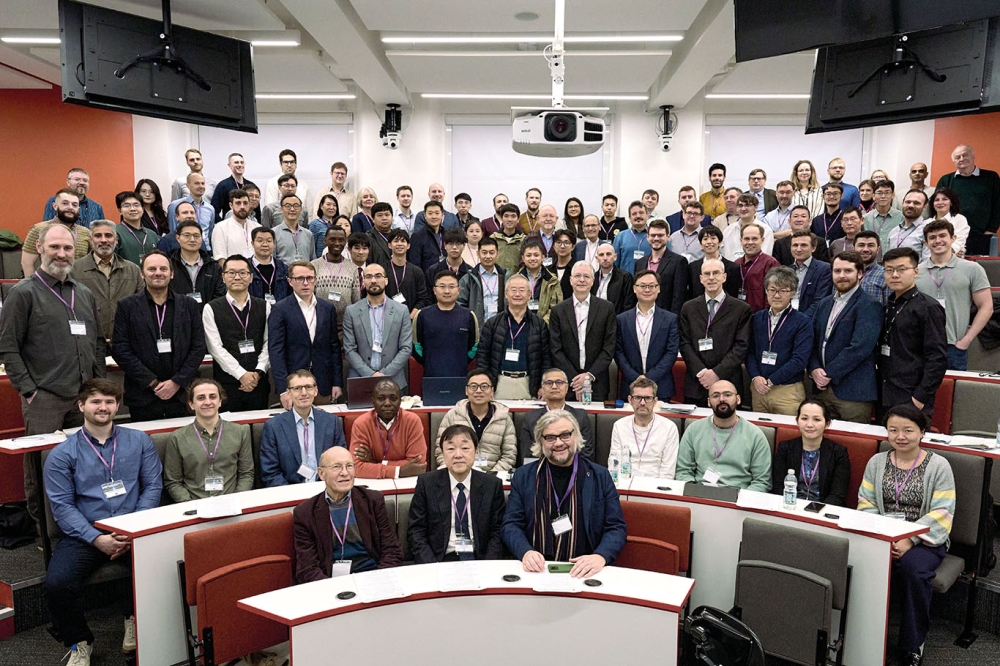Chinese tax worry for improving AXT
Substrate vendor AXT reported sales of $12.5 million for the financial quarter that ended on September 30 - a sequential rise of 21 per cent and more than double its revenue during the same period last year.
And despite making an operating loss of $1 million, the Fremont, CA, company posted a small net profit of $0.6 million, thanks to the sale of shares in Finisar and an income tax benefit.
With demand for semi-insulating GaAs material rising strongly for use in HBT and PHEMT devices for cell phone applications, and sales of germanium substrates growing in line with the emerging market for multi-junction solar cells, the outlook for AXT is looking very positive.
However, the company's management also warned that some anticipated changes to tax law in China could have a significant impact on its future.
According to AXT, the Chinese tax authorities now intend to impose custom duties on purchases of certain raw materials, as well as eliminate refunds of value-added tax for these transactions. At the moment, the list of affected materials includes gallium and arsenic.
"The combination of these actions could significantly increase our costs," warned AXT in its outlook for the current quarter.
"Lobbying efforts are being made to remove gallium and arsenic from the list of affected materials, but there is no way to know if these efforts will have any impact on the final form of the regulations."
AXT may even decide to restructure its Chinese operations, which includes five joint-venture companies that produce raw materials and key manufacturing equipment, in the light of the new tax laws.
On the positive side, CEO Phil Yin noted that he still believes the supply of both 4-inch and 6-inch semi-insulating GaAs substrates to be "severely" constrained, and that AXT's decision to expand its capacity will reap rewards in the near future.































